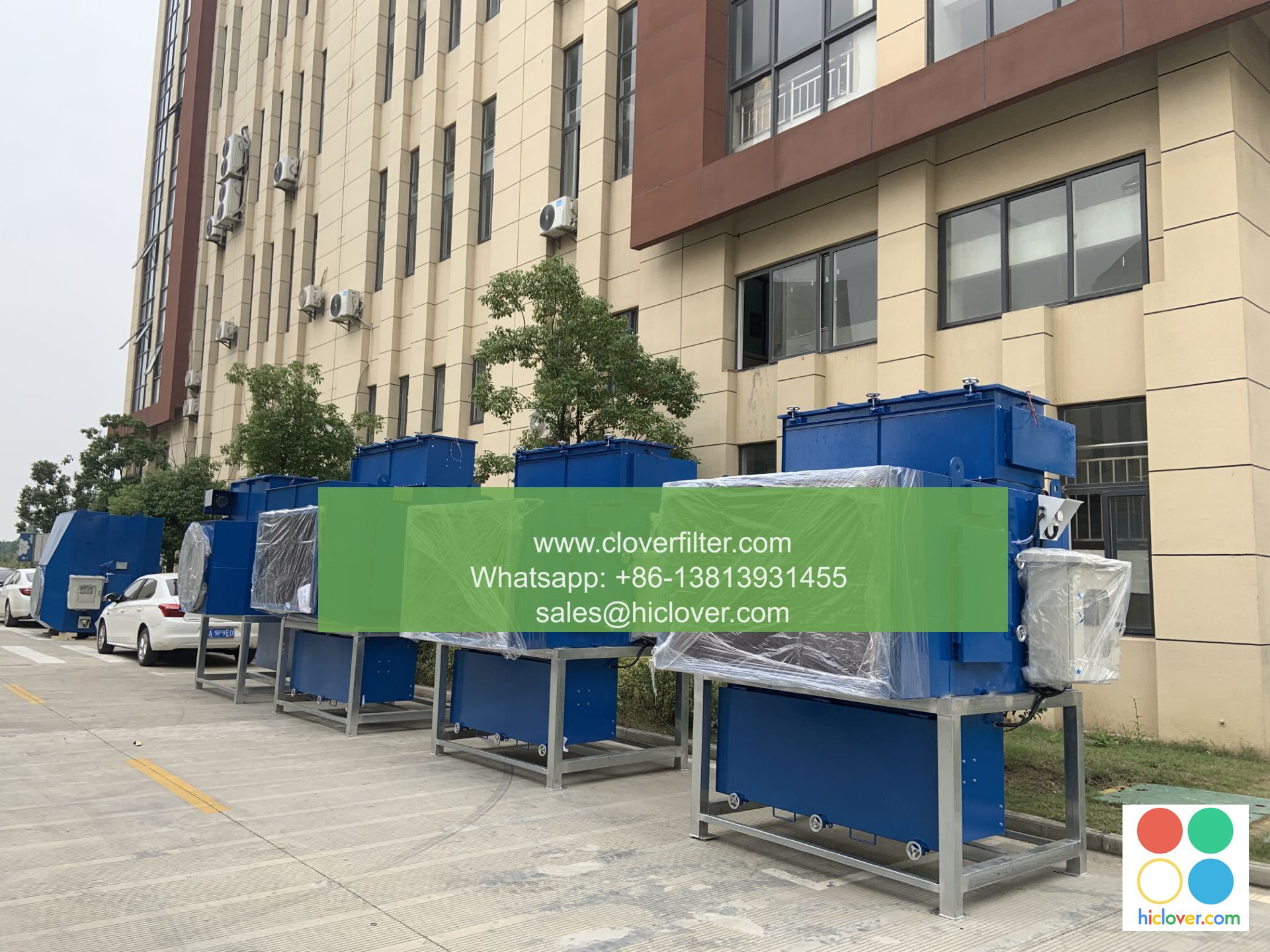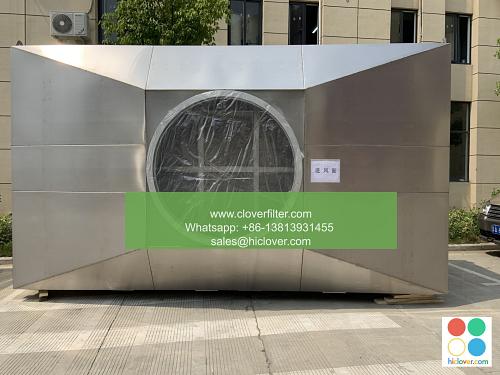The Importance of Air Filtration in Food and Beverage Research

Air filtration plays a crucial role in food and beverage research, as it helps to maintain the quality and safety of products. Contamination control is essential in the food industry, and air filtration systems are designed to remove airborne contaminants, such as particulate matter, mold, and bacteria, from the air. In this article, we will discuss the importance of air filtration in food and beverage research and highlight its various application areas.
Applications in Food Processing
Air filtration systems are widely used in food processing facilities to prevent contamination and ensure the quality of products. In meat processing, for example, air filtration systems help to remove animal dander and other airborne contaminants that can affect the quality of meat products. In bakery and confectionery applications, air filtration systems help to prevent yeast and mold contamination, which can spoil products and affect their shelf life.
Importance in Beverage Manufacturing
In beverage manufacturing, air filtration systems are used to remove particulate matter and microorganisms from the air, which can affect the quality and flavor of beverages. In brewery and winery applications, air filtration systems help to prevent yeast and bacterial contamination, which can spoil products and affect their quality. In soft drink and juice manufacturing, air filtration systems help to remove particulate matter and microorganisms from the air, which can affect the quality and flavor of products.
Role in Laboratory Research
Air filtration systems also play a crucial role in laboratory research in the food and beverage industry. In microbiological laboratories, air filtration systems help to prevent microbial contamination and ensure the accuracy of test results. In sensory evaluation laboratories, air filtration systems help to remove odors and particulate matter from the air, which can affect the results of sensory evaluations.
Types of Air Filtration Systems
There are several types of air filtration systems available for use in food and beverage research, including HEPA filters, ULPA filters, and activated carbon filters. HEPA filters are designed to remove 99.97% of particles as small as 0.3 microns from the air, while ULPA filters are designed to remove 99.999% of particles as small as 0.12 microns from the air. Activated carbon filters are designed to remove odors and gases from the air.
Conclusion
In conclusion, air filtration plays a crucial role in food and beverage research, and its importance cannot be overstated. By removing airborne contaminants from the air, air filtration systems help to maintain the quality and safety of products, prevent contamination, and ensure the accuracy of test results. Whether in food processing, beverage manufacturing, or laboratory research, air filtration systems are an essential component of any food and beverage research facility. By highlighting the various application areas of air filtration, we can appreciate the significance of this technology in ensuring the quality and safety of food and beverage products.

